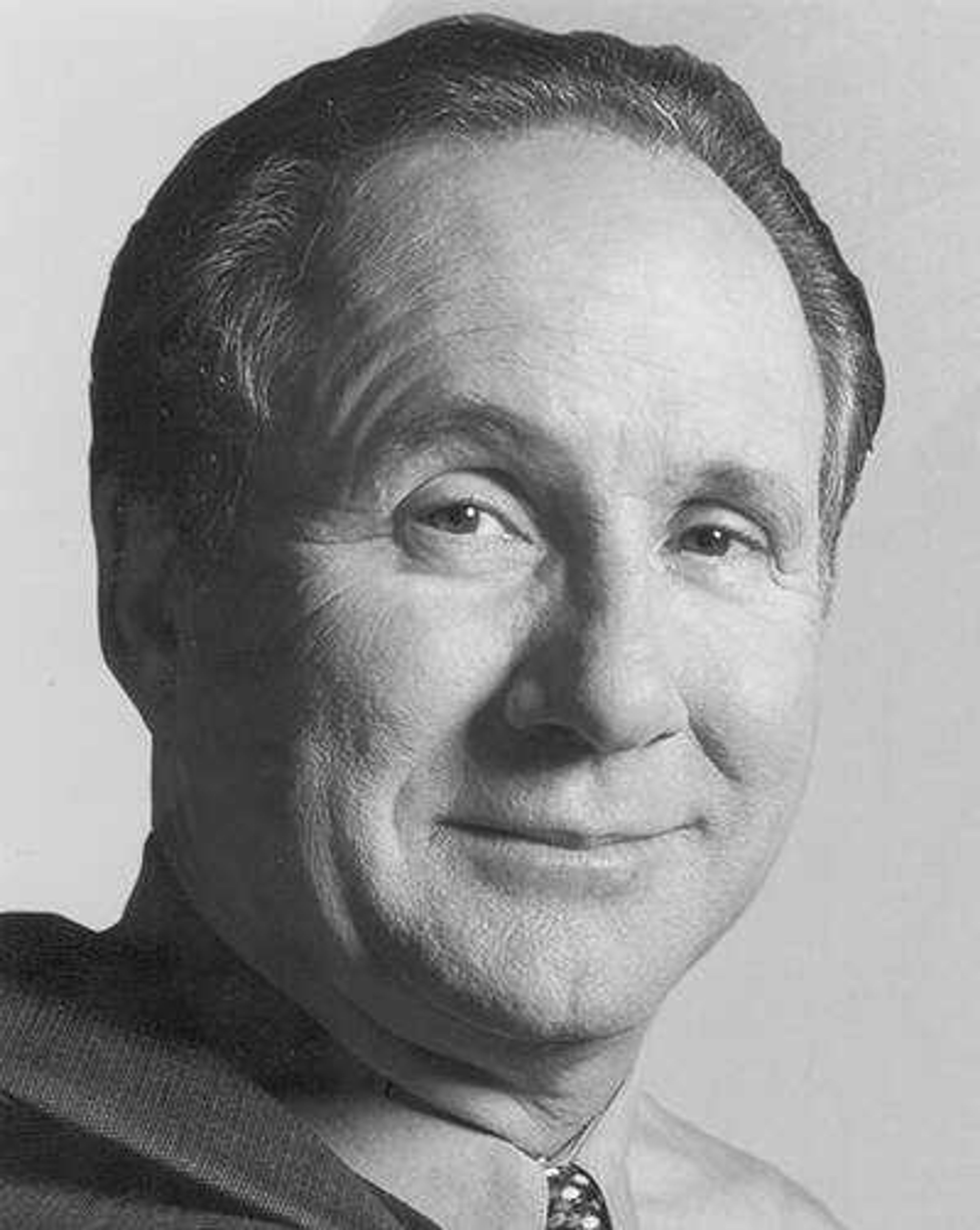The Saudis win the Golf War
Oil money, oil money. When you have as much of it as Saudi Arabia has, it can buy a lot of things — including a sacred American sports institution like the PGA. As all of us hackers know, the PGA Tour shocked the golf world last week by announcing it will merge with the LIV Tour, the upstart Saudi-backed professional golf tour that the PGA has been in a bitter legal fight with since last year...
Oil money, oil money.
When you have as much of it as Saudi Arabia has, it can buy a lot of things — including a sacred American sports institution like the PGA.
As all of us hackers know, the PGA Tour shocked the golf world last week by announcing it will merge with the LIV Tour, the upstart Saudi-backed professional golf tour that the PGA has been in a bitter legal fight with since last year.
The details of the nearly $3 billion deal are still unknown.
So is the impact it will have on the wallets of pro golfers and how much control it will give Saudi Arabia over the way professional golf is organized here and around the world.
The threat posed by the birth of the LIV Tour caused a lot of trouble for the PGA Tour.
By spending huge sums to lure stars such as Brooks Koepka and Phil Mickelson into playing in its tournaments, LIV threatened the PGA's virtual monopoly over the pro golf industry.
The lure of LIV's money also created ill-feeling between golfers such as Koepka, who took it, and stars such as Rory McIlroy, who stayed with the PGA on principle and turned it down.
Meanwhile, the PGA management did everything wrong. It shamed the big names who left, held weeks of secret meetings with the Saudis and then sprang the LIV merger on the players without notice.
The PGA's argument that golfers should not take the Saudi Kingdom's money because of moral principles turned out to be hypocritical hogwash.
Saudi Arabia is what it is — a feudal, authoritarian country that behaves like one.
But it's decades too late to ask anyone to take the moral high ground on Saudi Arabia, which does about $30 billion in trade with us each year. Every time you put gas in your car, you're essentially doing business with them.
Now that the PGA has done a 180, however, McIlroy and other loyal players look like suckers and its execs have been exposed as hypocrites for trash-talking the players who took Saudi money.
At this point, the PGA-LIV merger is confusing to everyone — the media, players and golf fans like me.
All I know for sure is that I couldn't watch LIV tournaments on TV. I tried — and lasted two minutes.
I and millions of other viewers want to see the best players in the world playing the best golf in the world so we can sit at home and watch it.
We want to be following the Koepkas, Spieths and McIlroys, not the nobodies and never-winners.
The PGA tells us the merger with the Saudis and their oil money will be good for the game of golf in the long run.
Realistically, it's mostly going to improve the bottom line of the PGA and fatten the pocketbooks of the top players.
It also might improve the way the PGA operates. Until now it has been in total control of pro golf and the golfers, who, for instance, had to play in a certain number of tournaments a year and were not allowed to be paid to enter one.
Now it looks like the players will get more control over their lives. If that turns out to be the case, the PGA-LIV marriage will be a great deal for the players.
The real problem with the merger right now, I think, is the bad optics.
It looks like the Saudis are buying up professional golf — one of America's signature sports and our most popular global exports.
The Saudis may live in what looks like a gigantic sand trap, but they're serious about diversifying their economy by investing heavily in the sports and entertainment industries.
They've got $600-plus billion sitting in their treasury, so they're not going to run out of cash anytime soon.
But if they do, all they have to do is what they did the other day — yell "Fore!" and jack up the price of oil.
Connect with the Southeast Missourian Newsroom:
For corrections to this story or other insights for the editor, click here. To submit a letter to the editor, click here. To learn about the Southeast Missourian’s AI Policy, click here.










